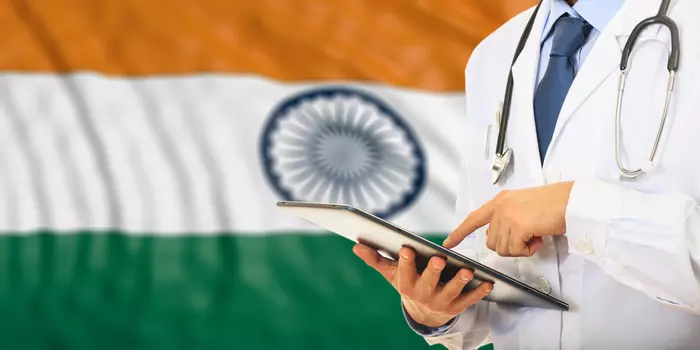The Union health ministry’s recent guidelines on ICU admissions in Bengaluru have introduced a significant change: critically ill patients cannot be admitted to the intensive care unit (ICU) if either the patient or their family refuses such admission. This policy aims to prevent unnecessary ICU admissions, ensuring a more judicious use of medical resources. However, the guidelines have ignited an ethical debate within the healthcare community.
Supporters of the guidelines argue that they contribute to a more efficient allocation of ICU resources by preventing admissions that may not be warranted. They view this as a positive step towards optimizing healthcare services and prioritizing patients who truly require intensive care.
However, a lot of medical professionals show resistance and mistrust towards these rules, calling them “needless meddling.” Critics contend that the rules could be interpreted as an unjustified meddling in the process of making decisions between patients and their families and medical professionals. The general opinion among critics is that the rules could be motivated by a lack of confidence in the expertise of medical professionals.
The ethical discussion revolves around finding a middle ground between upholding patient autonomy and guaranteeing the best possible use of medical resources. Some believe the recommendations could make it more difficult for medical professionals to make the best therapeutic decisions, while others view them as a way to give patients and their families more control over the decision-making process.
The guidelines essentially seek to address issues with resource allocation and needless ICU hospitalizations; nonetheless, there is ongoing debate in the medical profession regarding the moral implications of patient autonomy and the guidelines’ purported intent.
Victoria Hospital’s superintendent, Dr. Deepak Shivanna, called the recent action taken by the Union health ministry “progressive and practical.” This favorable assessment suggests that he sees the ICU admittance standards as a constructive development that adheres to the values of advancement and pragmatism in healthcare administration.
However, HealthCare Global Enterprises Ltd.’s chairman and CEO, Dr. BS Ajaikumar, presents an alternative viewpoint. Before enforcing such rules, he recommends that the government concentrate on bettering conditions at government hospitals. Dr. Ajaikumar highlights the extraordinary quality of private healthcare in India while acknowledging its greatness. He highlights the notable difference in costs between ICU treatment in India and the US, emphasizing how affordable private
He does, however, also admit the growing costs of ICU care, attributing them to things like rising physician wages and the rising cost of supplies.
Dr. Ajaikumar highlights the need for improvements in government healthcare facilities and offers insights into the cost dynamics and difficulties experienced by private healthcare, particularly in ICU care. In summary, Dr. Shivanna has a positive assessment of the guidelines. These healthcare experts’ divergent points of view add to the larger conversation on healthcare practices and policies in India.
The creator of Athreya Hospital, Dr. Narayanaswamy S, worries that the government’s new rules on ICU admissions seem to be implying that patients don’t trust doctors. By drawing comparisons between healthcare workers and criminals, he suggests that the recommendations might be a reaction to perceived dishonest activities.
Physicians contend that variables other than a patient’s health affect ICU transfers. The unwillingness of insurance companies to pay for specific medical expenses is one of these factors. Hospitals may make up for this by admitting patients for surgeries like appendices but keeping them in the intensive care unit (ICU) for a day or two. By following this procedure, coverage is guaranteed for non-medical costs such as drips, gloves, and syringes that insurance companies would not cover. Dr. Narayanaswamy emphasizes the significance of these kinds of procedures,emphasizing the challenges hospitals face in covering essential supplies when insurance falls short.
Despite the new rules, the treating physician is still the primary decision-maker when it comes to determining whether a patient has to be admitted to the intensive care unit. Bengaluru-based public health researcher and activist Akhila Vasan highlights that the government should create reasonable guidelines for procedure costs and a maximum cap on charges for different medical procedures if it truly values patient welfare. Essentially, the goal should be to guarantee that patients receive equitable and reasonably priced healthcare through open and sensible costing.








